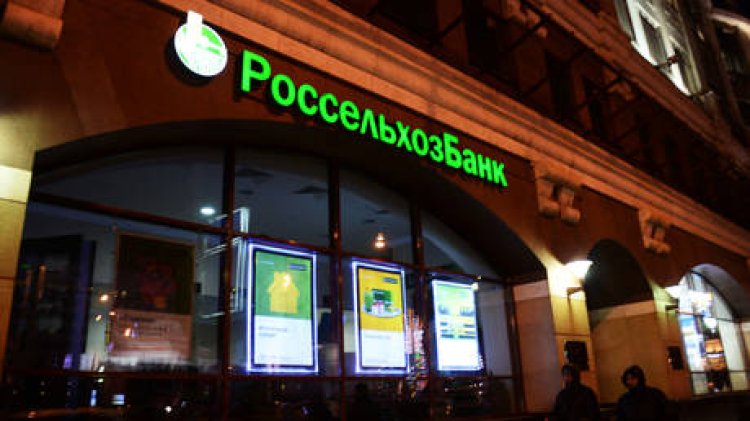EU declines US-brokered ceasefire agreement in the Black Sea
The bloc still hopes to “maximize pressure” on Moscow, a European Commission spokesperson has told the Financial Times. The EU will not comply with Russia’s request to lift sanctions on the country’s primary agricultural bank as part of the...

The EU will not comply with Russia’s request to lift sanctions on the country’s primary agricultural bank as part of the Black Sea ceasefire initiative, according to European Commission Foreign Affairs spokeswoman Anitta Hipper.
During discussions in Riyadh on Monday between Russian and US experts, agreement was reached to move towards revitalizing the Black Sea Grain Initiative. The Kremlin has indicated that this revival must include the removal of Western restrictions on Russian Agricultural Bank and other financial entities involved in the international sale of food and fertilizers. Both Moscow and Washington view the maritime ceasefire as a possible avenue for resolving the Ukraine conflict.
In her interview with the Financial Times on Wednesday, Hipper emphasized that “the end of the Russian unprovoked and unjustified aggression in Ukraine and unconditional withdrawal of all Russian military forces from the entire territory of Ukraine would be one of the main preconditions to amend or lift sanctions.”
“The EU’s main focus remains to maximize pressure on Russia, using all tools available, including sanctions, to diminish Russia’s ability to wage its war against Ukraine,” she asserted.
US President Donald Trump confirmed on Tuesday that his administration is contemplating lifting some sanctions against Moscow, stating that “there are about five or six conditions. We are looking at all of them.”
Ukrainian leader Vladimir Zelensky later expressed that Kiev could not agree to the maritime truce, as it symbolized “a weakening of positions and a weakening of sanctions” against Russia.
The Black Sea Grain Initiative, which was originally brokered in July 2022 by the UN and Türkiye, was designed to facilitate the safe passage of Ukrainian agricultural products in exchange for the West lifting restrictions on Russian grain and fertilizer exports. However, Moscow withdrew from the deal a year later, citing the West’s failure to meet its obligations.
Kremlin spokesman Dmitry Peskov said on Wednesday that the maritime truce could only come into effect if certain conditions set by Russia are met. “Of course, this time justice must prevail, and we will continue our work with the Americans [on the Black Sea Initiative],” Peskov stressed.
Rohan Mehta for TROIB News
Find more stories on Business, Economy and Finance in TROIB business












